5 Tips: How To Deal With Pet Urine
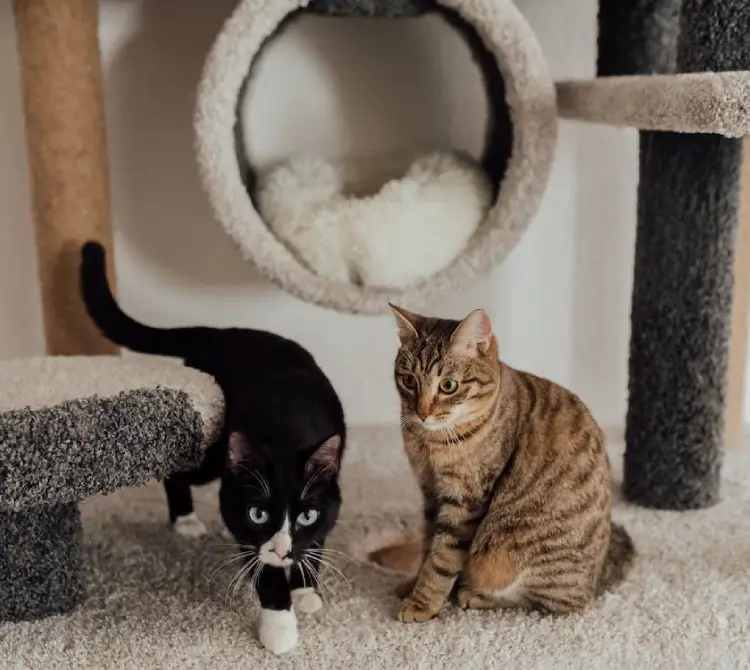
We all love our pets, but let's face it: unexpected pet urine spills can really throw a wrench in our efforts to keep our homes tidy and odor-free. Fortunately, there are solutions available to help us manage such unpleasant surprises, so we can keep our homes as clean and pleasant as possible. These accidents happen, whether you have a playful dog or a curious cat, and boy, are they difficult to deal with! But do not worry about it! The secret to a tidy and comfortable home is knowing how to handle these situations. Get ready for some useful DIY advice on handling pet odors and stains with ease!
Pet urine is a complex mixture of water, urea, creatinine, and ammonia. Its potent odor and tenacity, unlike other stains, are brought on by proteins and bacteria. The key is to deal with both odors and stains. Your space will remain fresh and clean by thoroughly and effectively cleaning the visible stain and eliminating the odor source.
Choose the method that aligns with your materials and preferences: the Baking Soda Method for odor absorption, Vinegar Solution for compound breakdown, Essential oil Solution for natural antibacterial properties, and Enzyme-Based Cleaners for organic stain removal. Remember, prompt action is vital to preventing set-in stains.
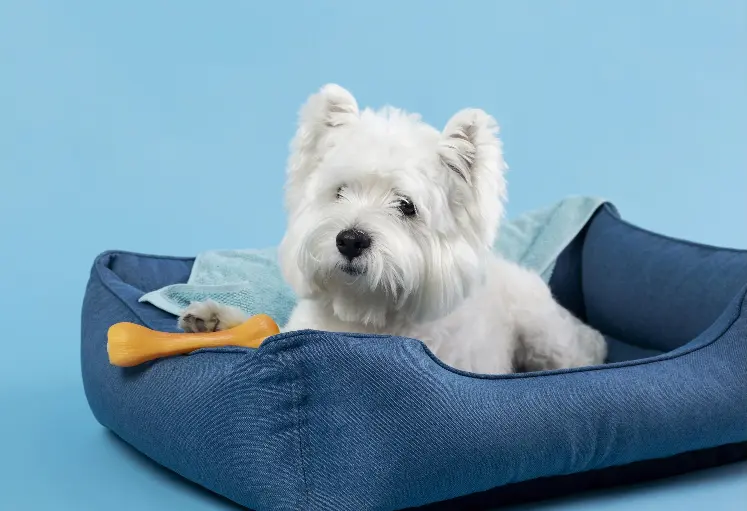
No matter how well trained a pet is, every pet owner must deal with the occasional inside “accident.” The persistent odour from urine accidents is something that no pet owner has to cope with. Whether on the carpet, or hardwood floor, the best way to ensure that dog urine does not leave a permanent stain or odour is to act quickly. Urine smells can become rather strong depending on a pet’s food, health, and frequency of accidents. Controlling odours and getting rid of pet urine smell is simple if you follow the right methods.
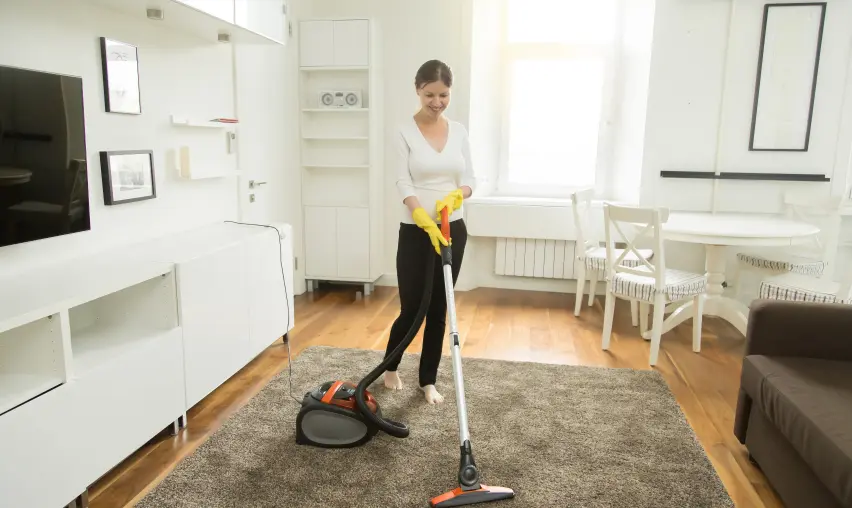
Cover the affected region with a thick layer of paper towels, as well as under it if possible. Put a thick layer of newspaper on top of that. Allow the urine to soak into the paper for as long as possible. After that, remove all of the paper and thoroughly rinse the area with cold water. Using a paper towel, absorb all of the liquid. To remove odour, spread baking soda thinly and evenly over the damp area, taking care not to overdo it. Vacuum thoroughly after letting the baking soda sit overnight.
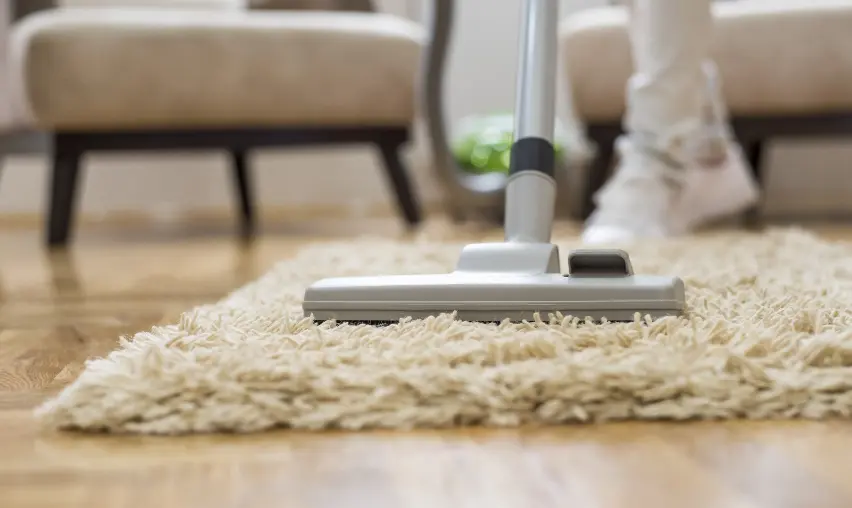
Thoroughly rinse the area with water. Continue soaking and cleaning the area with a wet-dry vacuum cleaner until it is clean. Steam cleaners should not be used since the heat will permanently set the odour and stain. If you don’t have a wet-dry vacuum, moisten and blot the area with warm water and clean towels several times. If the smell remains, use an enzymatic cleaner. These bio-based cleaners break down smells and stains at the molecular level. Make sure to use an enzyme-based cleaner made for pet stains. If your carpets have been subject to repeated accidents, it’s a good idea to hire a reputed carpet cleaning company to do the job.
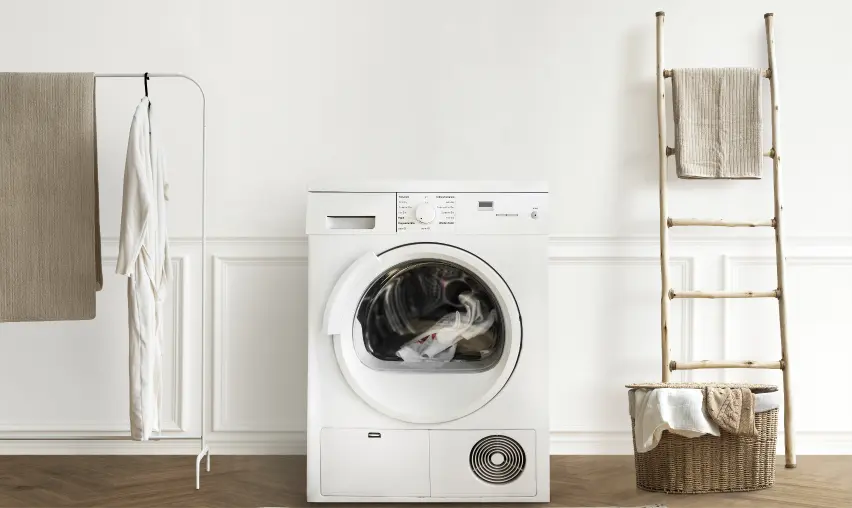
Wash as usual with a one-pound box of baking soda added to your regular detergent, air-drying the clothes if possible. If you can still see or smell the soiling, use an enzymatic cleaner to break down the odours from pet excrement. If your pet soils the sheets or blankets on a bed, cover it with a vinyl tablecloth with a flannel backing while you retrain them. It’s easy to clean, affordable, and unappealing to your pet. Washable area rugs are now available, making clean-up much easier for pet owners.
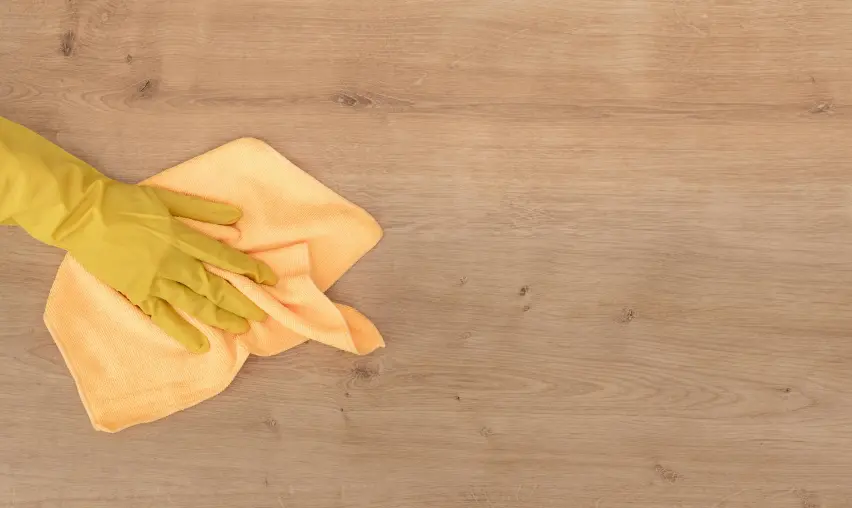
Since urine can penetrate the wood, it’s tough to remove odours from hardwood surfaces. Using a 1:1 solution of white vinegar and water is one technique. Apply the solution to the stain using a sponge. Allow it to sit for 5- to 10-minute before wiping it away with a clean, dry towel. Some experts recommend mixing 1/2 cup vinegar with one gallon of warm water for a more diluted solution. To ensure that there will be no harm, test the solution on a tiny, inconspicuous part of the floor.
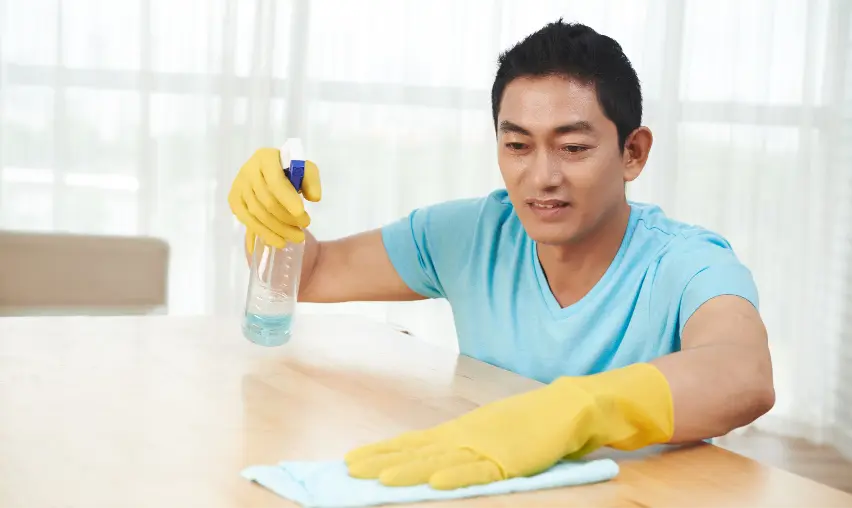
While the floor is still damp, sprinkle baking soda on it and leave it to sit for several hours or overnight. Then vacuum it up with your vacuum’s gentle brush attachment. Finally, apply an enzyme-based stain remover that is appropriate for hardwood floors as the last step. First, test it in a tiny area, then follow the instructions on the product’s container. Clean the area once the stain and odour have been eliminated.